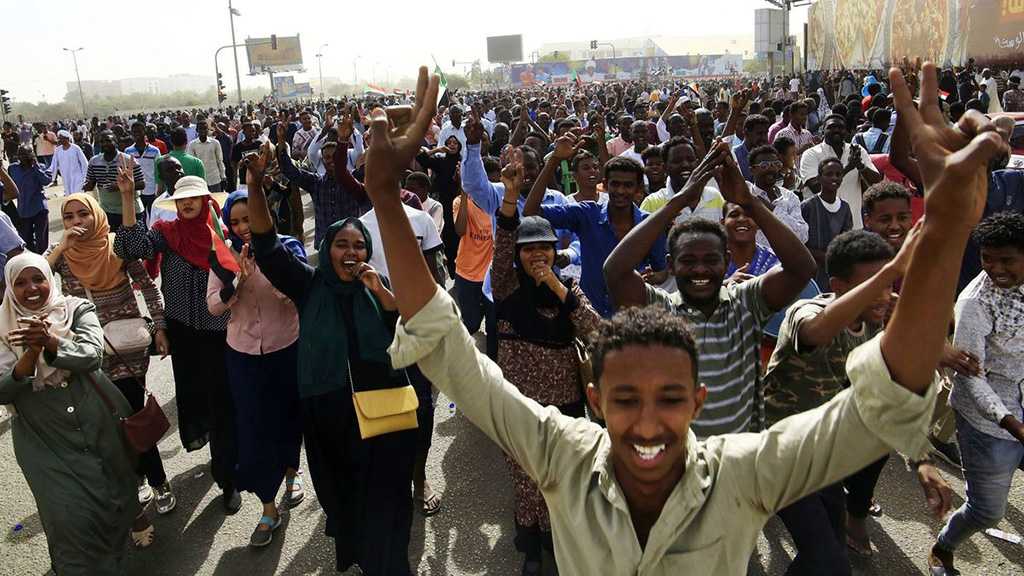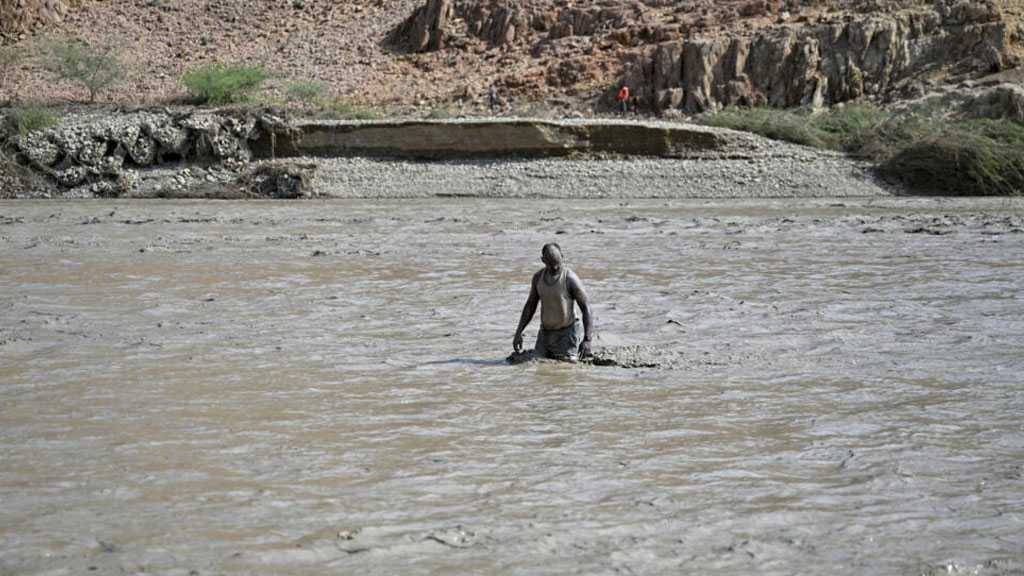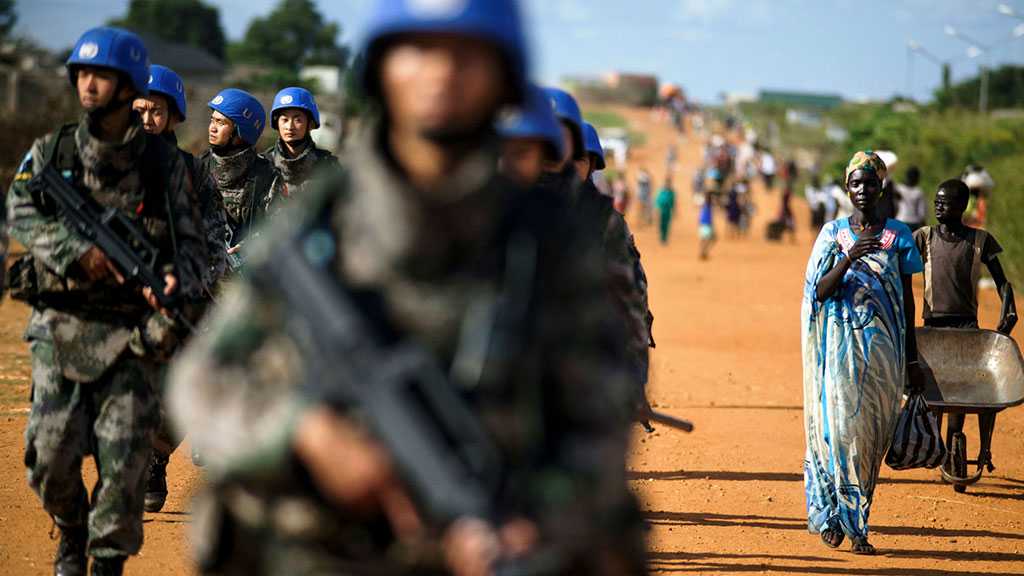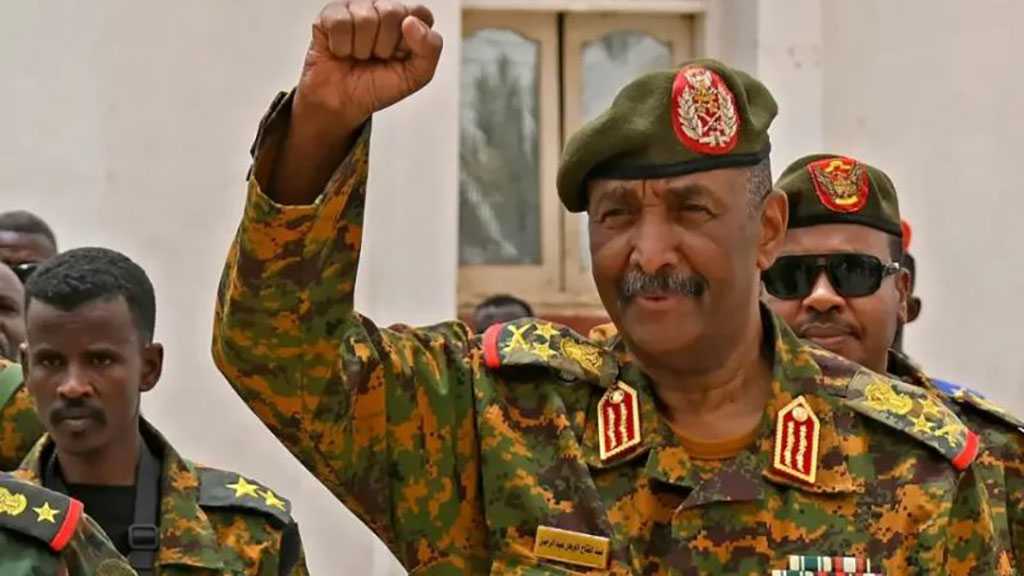Sudan: Military Council Promises Civilian Government after Ousting Bashir

By Staff, Reuters
Sudan’s ruling military council on Friday promised the country would have a new civilian government, a day after the armed forces overthrew President Omar al-Bashir after 30 years in power.
The council, currently running Sudan under Defense Minister Mohammed Ahmed Awad Ibn Auf, said it expects a pre-election transition period it announced on Thursday to last two years at most or much less if chaos can be avoided.
The council also announced that it would not extradite Bashir to face allegations of genocide at the international war crimes court. Instead he would go on trial inside the country.
Friday’s announcement of a civilian government by the head of the military council’s political committee, General Omar Zain al-Abideen, appeared aimed at reassuring demonstrators who took to the streets to warn against imposing army rule after Bashir’s overthrow.
Abideen pledged that the military council would not interfere with the civilian government. However he said the defense and interior ministries would be under the council’s control.
He further noted that the military council had no solutions to Sudan’s crisis and these would come from the protesters.
“We are the protectors of the demands of the people,” he said. “We are not greedy for power.”
Earlier on Friday, thousands of Sudanese demonstrators camped outside the defense ministry to push for a civilian government, defying a curfew and calling for mass prayers.
Demonstrators who have been holding almost daily anti-Bashir protests have rejected the decision to set up a transitional military council and vowed to continue protests until a civilian government is established.
Bashir has been indicted by the International Criminal Court in The Hague and is facing an arrest warrant over allegations of genocide in Sudan’s Darfur region during an insurgency that began in 2003 and led to the death of an estimated 300,000 people. He denies the allegations.
Bashir’s downfall was the second time this month that a leader in the region has been forced out after mass demonstrations. Algeria’s Abdelaziz Bouteflika, in power since 1999, stepped down on April 2 after six weeks of protests.
Comments
- Related News




